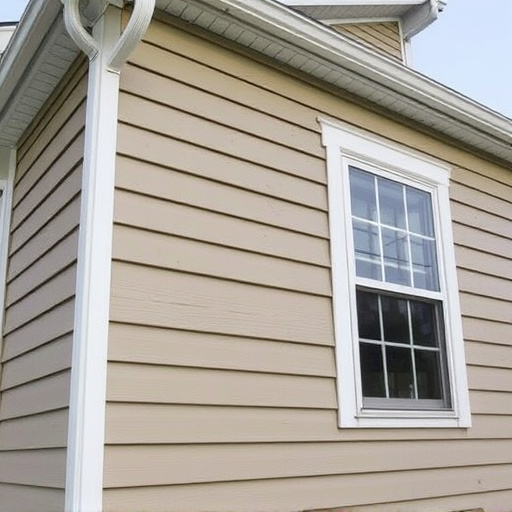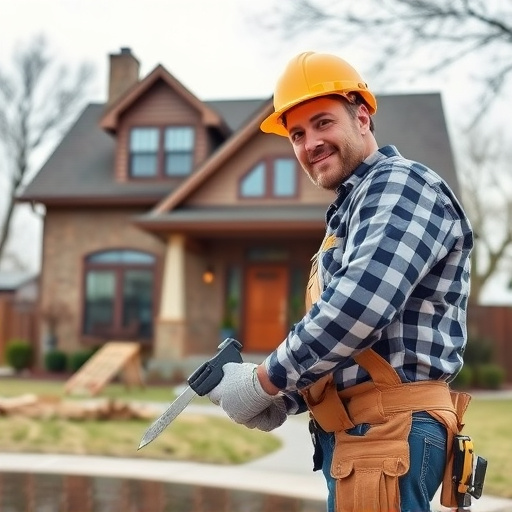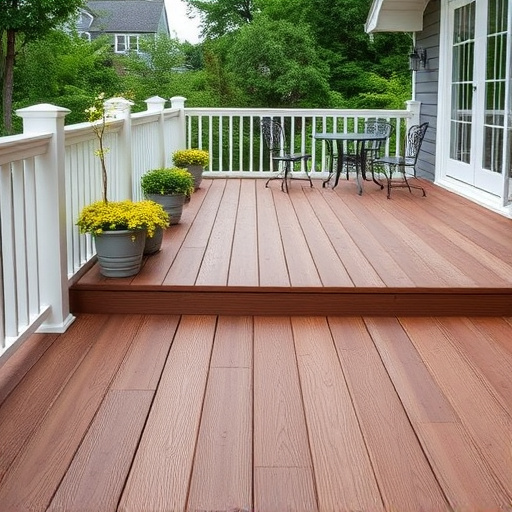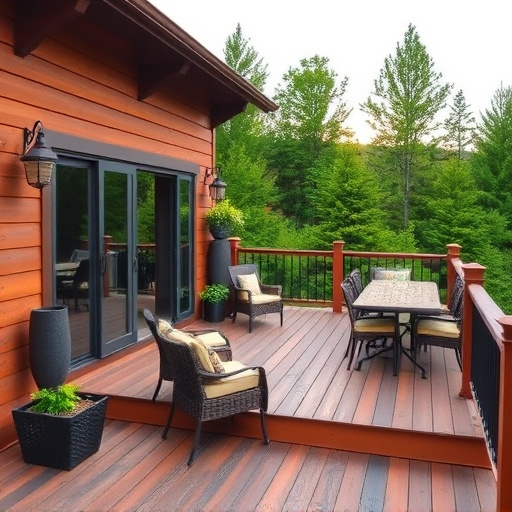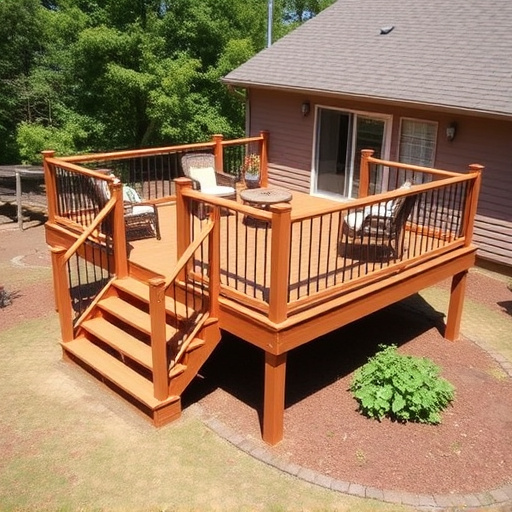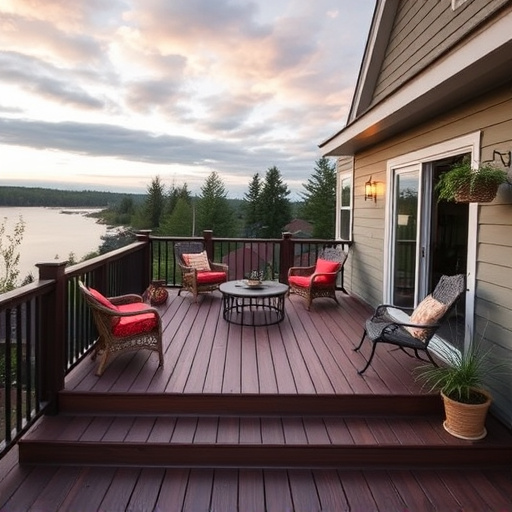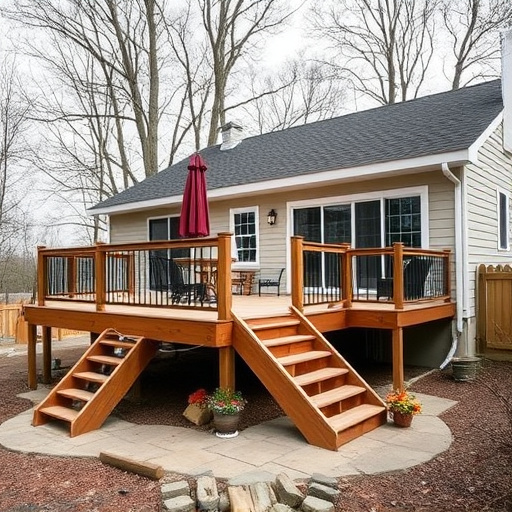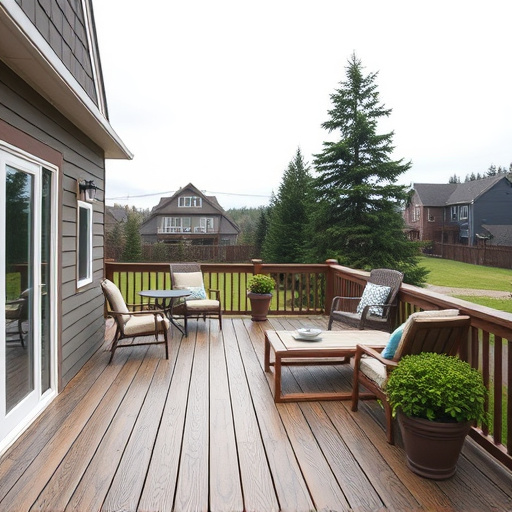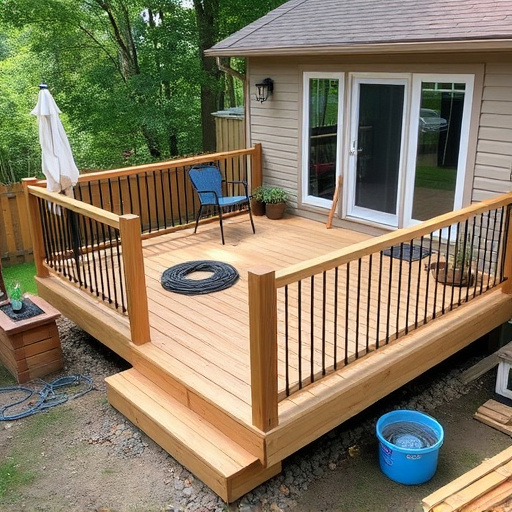Green deck systems merge sustainability with structural excellence using eco-friendly materials like recycled decking and bamboo, offering durability, cost savings, and reduced environmental impact. They integrate water conservation, energy efficiency, and vegetative features, enhancing outdoor spaces while aligning with broader green building strategies for both commercial and residential applications.
“Discover the future of decking with innovative deck systems that embrace green building practices. In an era focused on sustainability, these eco-friendly solutions not only reduce environmental impact but also enhance outdoor living spaces. This article explores the integration of green building principles into deck design, highlighting how deck systems can become harmonious extensions of nature. From understanding fundamental concepts to examining the benefits and longevity of these materials, we delve into the transformative power of sustainable decking.”
- Understanding Green Building Principles for Decks
- Innovative Deck Systems: Integrating Nature
- Benefits and Longevity of Eco-Friendly Decking Solutions
Understanding Green Building Principles for Decks
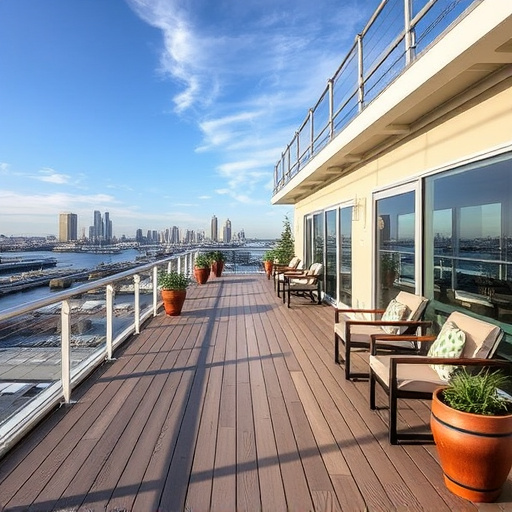
Incorporating green building practices into deck systems offers a harmonious blend of environmental sustainability and superior structural performance. Understanding the core principles behind green building for decks involves considering materials, construction techniques, and long-term impact on both the local ecosystem and the broader environment. One key focus is using eco-friendly materials that are locally sourced, reducing the carbon footprint associated with transportation. For instance, opting for recycled or compostable decking materials, such as bamboo or reclaimed wood, can significantly minimize environmental impact while providing durable and aesthetically pleasing surfaces.
Additionally, green deck systems often integrate features promoting water conservation and effective drainage. This includes incorporating permeable surfaces that allow rainwater to filter into the soil, reducing runoff and recharging groundwater supplies. Properly designed decking can also support the installation of residential roofing or siding replacement with energy-efficient components, enhancing overall home sustainability. Efficient siding installation techniques contribute to improved insulation, reducing heating and cooling costs. By embracing these practices, deck systems not only serve as outdoor living spaces but also become integral parts of a comprehensive green building strategy, aligning with the broader goals of sustainable development in residential areas.
Innovative Deck Systems: Integrating Nature
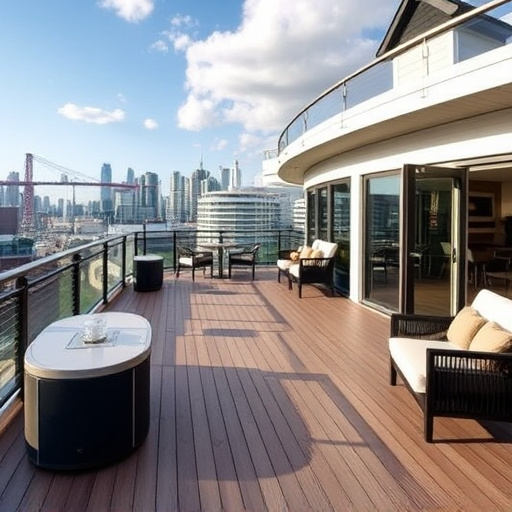
In the realm of modern construction, innovative deck systems are emerging as a harmonious blend of architectural design and ecological consciousness. These cutting-edge solutions integrate green building practices seamlessly, transforming outdoor spaces into sustainable oases. By incorporating natural elements, such as vegetative roofs or green walls, these decks offer more than just aesthetic appeal; they contribute to environmental sustainability and create healthier living environments.
This trend goes beyond traditional deck construction. Advanced materials and engineering techniques are employed to ensure structural integrity while embracing nature. For commercial roofing projects, integrating green deck systems can provide a range of benefits, including improved insulation, reduced energy consumption for heating and cooling, and enhanced water management through rainwater harvesting. Even in residential settings, the integration of these systems during new construction or roof replacement offers an opportunity to create livable outdoor areas that double as eco-friendly spaces, complementing the overall sustainability efforts of siding installation and other renovation projects.
Benefits and Longevity of Eco-Friendly Decking Solutions

Eco-friendly deck systems offer a range of benefits that go beyond aesthetics and functionality. By incorporating green building practices into decking solutions, homeowners can enjoy improved environmental sustainability and reduced maintenance costs in the long run. These decks are designed to minimize the use of non-renewable resources, with materials like recycled plastic, bamboo, or wood from sustainable sources taking center stage. This not only reduces the carbon footprint associated with traditional decking but also ensures a more robust and durable structure.
The longevity of green deck systems is a significant advantage, as they are built to withstand various weather conditions while maintaining their structural integrity. Unlike conventional decks that may require frequent repairs or replacements, eco-friendly options can last for decades with proper care. This extended lifespan translates to cost savings for homeowners and reduces the demand for siding services or roofing solutions over time. Furthermore, these sustainable materials often have better water resistance properties, reducing the risk of moisture-related damage and the need for siding repairs.
Deck systems that embrace green building practices offer not only environmental benefits but also enhanced longevity and aesthetic appeal. By integrating nature into their design, these innovative solutions provide a sustainable alternative for outdoor living spaces. Eco-friendly decking materials and construction methods contribute to reduced environmental impact while ensuring durable and low-maintenance deck systems. Adopting these green building principles can lead to more harmonious and resilient outdoor environments.


